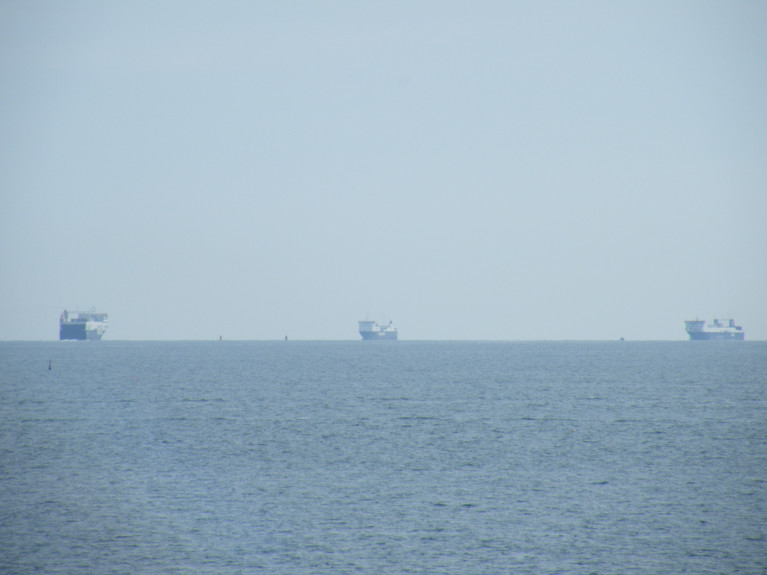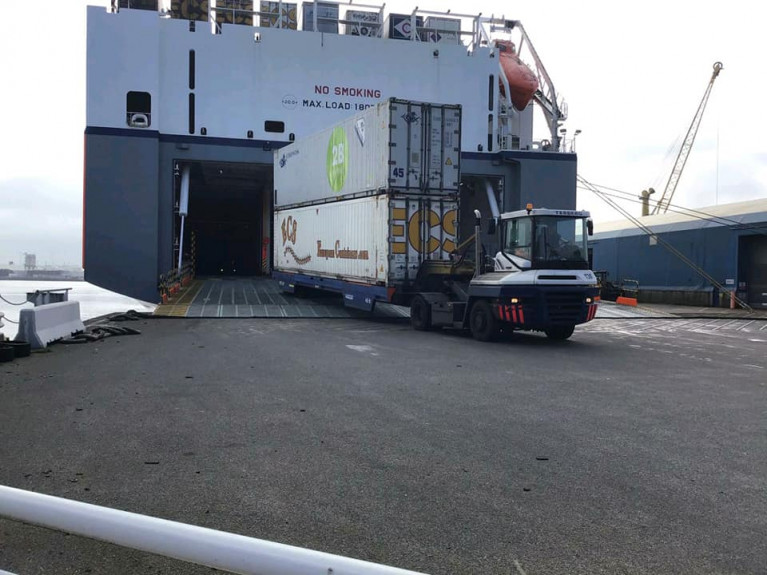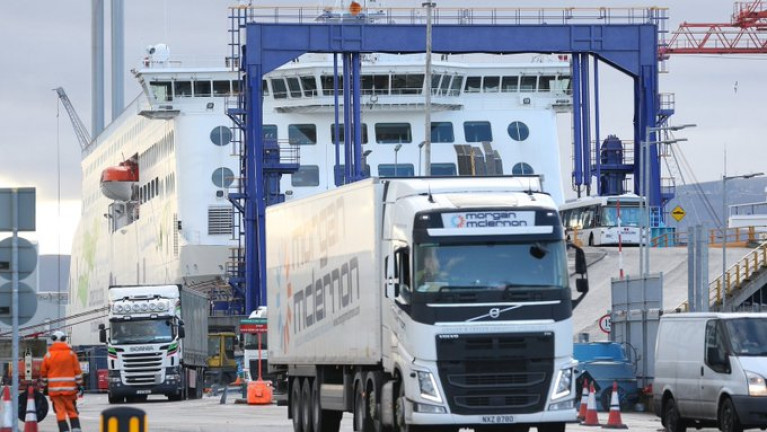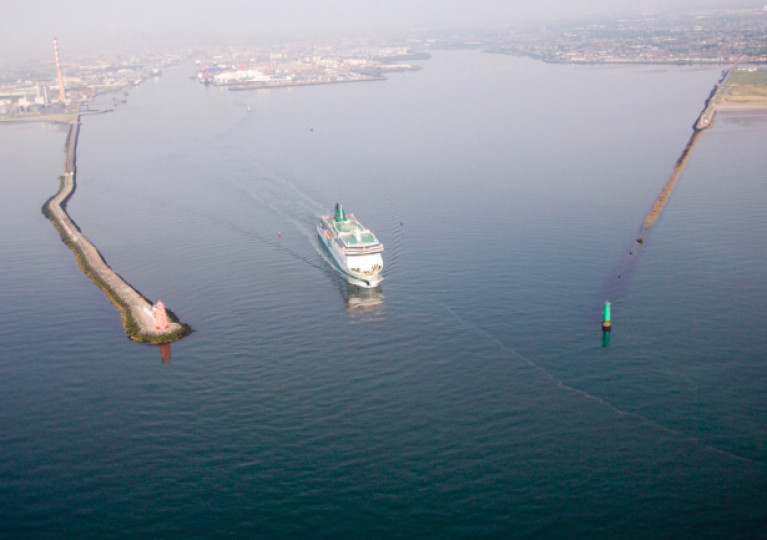Displaying items by tag: Freight Assoc
Post-Brexit Trade See Freight Companies Braced for More Uncertainty in 2022
Freight distribution and logistics sectors has faced unprecedented upheaval in 2021, as a consequence of adopting to the post-Brexit trading environment, dealing with the Covid pandemic, global supply chain issues, rising fuel costs, and an ongoing skills shortage.
These issues as the Irish Examiner reports, are testing the sector's flexibility and ability to change. It gives credence to the quote from the world-renowned management consultant Peter Drucker who said: “the greatest danger in times of turbulence is not the turbulence, it is to act with yesterday’s logic”.
The recent announcement of the resignation of the UK Brexit Minister David Frost compounds the uncertainty for traders looking to 2022 for a steadying of the paradigm shift in the supply chain.
The full and meaningful implementation of the Trade and Co-operation Agreement (TCA), signed by the UK and the EU 12 months ago, is reliant on trust and strong political relations between the two parties. This has been tested to the extreme as the Northern Ireland Protocol has acted as the catalyst to distract all from concurrently looking to implement trade easements as mandated under the TCA.
More reading from this link.
Freight Association Seeks Subsidy for Direct EU Shipping Routes
An Irish logistics industry association has called on the Government to subsidise the increased costs hauliers must pay to use viable direct shipping routes to access continental Europe.
The recommendation was made by the Freight Transport Association of Ireland (FTAI) submission, seen by the Sunday Independent, to the Government’s 10-year haulage strategy. The FTAI sent its submission to the Government in late July.
According to the submission, the direct shipping routes to and from Europe that avoid the UK landbridge used by some hauliers are more expensive. FTAI has called on the Brexit Adjustment Reserve to be used to subsidise the additional cost to hauliers.
The submission states additional costs – in time, administration, and costs to market – are providing more difficulties to operators in the sector. It requests a system similar to a Public Service Obligation (PSO) established, as it would act to reduce the higher costs for haulage operators to access continental Europe.
Click the Independent.ie's link here for further coverage.
Huge Disruption: Freight Group Warns Taoiseach Over Trade Supplies
A letter from the Irish Freight Transport Association to the Taoiseach warns of huge disruption in the coming weeks as the impact of Brexit fully takes hold of trade between Ireland, the UK and Europe.
The letter, seen by RTÉ News, warns of disappearing supply chains, empty supermarket shelves and rising unemployment, and calls for a six month adjustment period.
The communication warned that one consignment of pharmaceutical products had missed both a ferry and airline slot because of paperwork problems.
The letter to Micheál Martin paints a stark picture and adds to a growing number of warnings that an initial slump in the volumes of trucks moving goods in and out of Ireland to the UK and across the land-bridge to continental Europe, as well as pre-Christmas stockpiling, have masked the true impact of Brexit.
That impact could now properly hit when trade volumes rise to their true levels.
According to the Freight Transport Association, new customs and food safety formalities are causing lorries to remain stranded at Dublin Port, or to remain stuck in the UK.
Click here for more on what the letter outlined.
Transport Association Casts Doubt on Brexit Shipping Report
In Ireland a leading freight organisation has questioned a new government report which suggests that there is sufficient alternative capacity on continental shipping routes in the event of major delays at British ports following Brexit.
As Afloat reported on Friday, the Irish Maritime Development Office (IMDO) published a report that said it does not believe the government needs to intervene to provide extra services for hauliers using the landbridge at present.
For more the Business Post reports on the Freight Transport Association of Ireland's response on the report's conclusion.































































